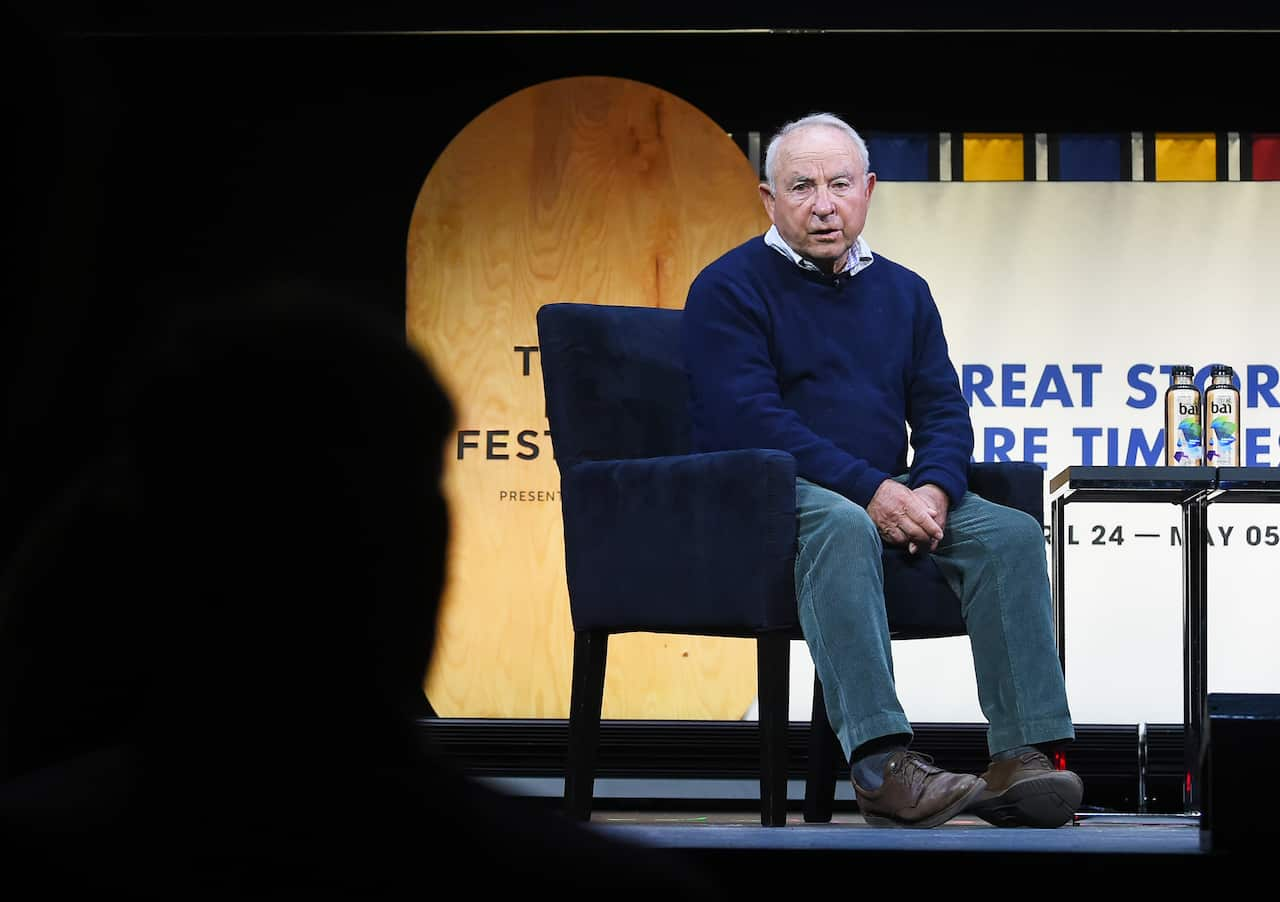Key Points
- The owner of Patagonia is giving away the company.
- Proceeds from the company will go toward fighting the climate crisis.
The owner of outdoor clothing giant Patagonia has announced he is giving his company away in the hope of saving the planet.
Yvon Chouinard, along with his wife and two adult children, is transferring the company to a trust and non-profit, saying "Earth is now the only shareholder".
Profits from the company will fund environmental protection measures.
In an open letter, Mr Chouinard outlined his thought process and motivation, writing that while the company had been doing its best to address the environmental crisis, it was not enough.
Mr Chouinard explained he considered selling Patagonia - which is worth US$3 billion ($4.4 billion) according to the New York Times - and donating all of the proceeds, but could not be sure a new owner would maintain the company's values or continue to employ their team around the world.
Another option was to take the company public, he said, but he was wary of the pressures public companies face to "create short-term gain at the expense of long-term vitality and responsibility."
"Truth be told, there were no good options available. So, we created our own," he wrote.
"Instead of 'going public', you could say we're 'going purpose'.
"Instead of extracting value from nature and transforming it into wealth for investors, we’ll use the wealth Patagonia creates to protect the source of all wealth."
What is Patagonia, and what is its history with environmentalism?
Mr Chouinard initially began making climbing gear for himself and his friends in California in the 1950s, which later evolved into outdoor clothing.
He opened the first Patagonia store in 1973.
Today, Patagonia owns and operates offices in the United States, the Netherlands, Japan, South Korea, Australia, Chile and Argentina, with more than 70 stores worldwide.
According to the New York Times, the company is valued at about US$3 billion ($4.4 billion) and makes a profit of about US$100 million ($148 million) a year.
In 1986, the company committed to donating 10 per cent of profits each year to groups working to save or restore habitat, and later upped this to 1 per cent of sales. According to the Patagonia website, they have kept that commitment every year since.
Patagonia is also a certified B Corp, which means it must have an explicit social or environmental mission, a legally binding commitment to be accountable to all stakeholders, and maintain transparency.
In 2018, the company changed its purpose to "we're in business to save our home planet".
How can you give a company to the planet?
The company' s voting stock has been transferred to the Patagonia Purpose Trust, which was created to protect the company’s values and is overseen by family members and advisors.
The nonvoting stock (which makes up 98 per cent of the company) has been given to the Holdfast Collective, a nonprofit dedicated to defending nature and protecting the environment.
The funding will come from Patagonia, which will continue to operate as a for-profit company.

Each year, the money Patagonia makes (after reinvesting in the business) will be distributed as a dividend to help fight the crisis.
"Despite its immensity, the Earth’s resources are not infinite, and it’s clear we’ve exceeded its limits," Mr Choinard wrote.
"But it's also resilient. We can save our planet if we commit to it."
How significant is this?
Many of the world's richest people have made significant donations in recent years.
In December 2021, Amazon founder Jeff Bezos' Earth Fund donated US$443 million ($640 million) to 44 climate groups, which are part of a US$10 billion ($14.8 billion) commitment he made to fighting climate change.
At the time of writing, Mr Bezos has a net worth of US$159 billion ($235 billion) according to Forbes.
Billionaire investor Jeremy Grantham has pledged to donate 98 per cent of his wealth to help fight climate change, while former New York City mayor and Bloomberg L.P. cofounder Michael Bloomberg has committed to helping phase out coal-fired power plants and fund clean air in developing countries.
In 2021, a group of nine philanthropic foundations came together with a joint commitment of US$5 billion ($7.4 billion) to protect and conserve 30 per cent of the planet by 2030.
Giving away an entire company, however, takes it a step further.
Due to the fact that they donated their shares to a trust, the Chouinard family will also pay about US$17.5 million ($26 million) in taxes on the gift.
"If we have any hope of a thriving planet - much less a thriving business - 50 years from now, it is going to take all of us doing what we can with the resources we have," Mr Chouinard wrote in his statement.
"This is another way we’ve found to do our part."

